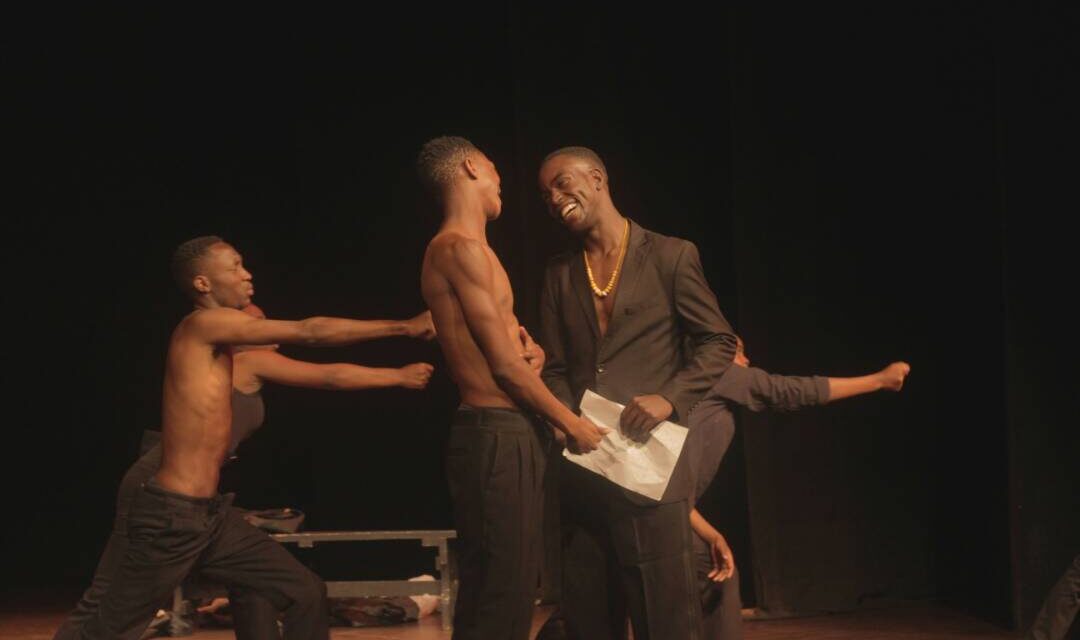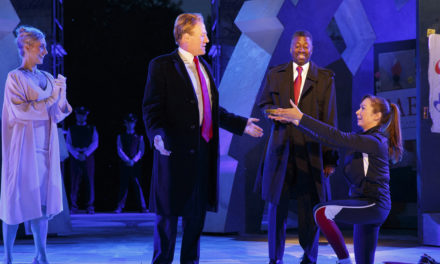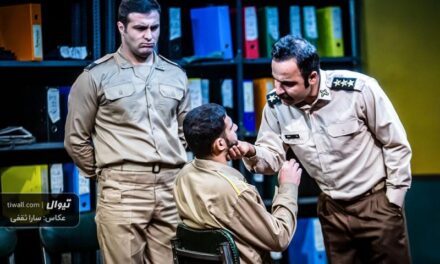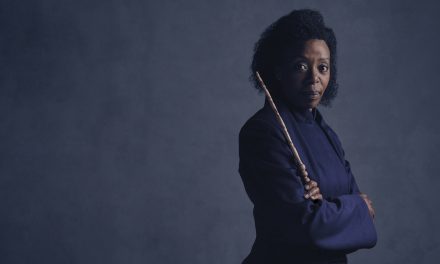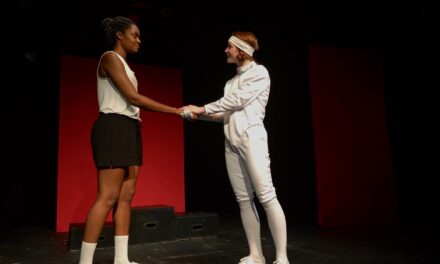As the name implies, physical theatre is more like a contact sport. Actors have to constantly engage physically on stage as they create, rehearse, and perform their work. There is even greater demand for those who are still starting out in this type of theatre to be constantly engaging physically as they get acquainted with elements of the genre such as muscle memory.
If at any time, the learning routine of the novices is interrupted, the results might be very tragic as it might mean starting from scratch. Leonard Mukwena is a physical theatre student at the Zimbabwe Theatre Academy who is about to graduate yet he still feels the sting of not being in class. “The pandemic really hit us hard. I do not know where we stand as the school and the students,” Mukwena says.
He continues, “The program I am doing is very physical, communicating mainly via body language, we barely use text for our plays. So even if you are to consider the programs and exercises they were making us engage from the beginning of the program last year they were to enhance the relationship between ourselves as the students because if we do not have a bond it is difficult a story as one unit.”
Mukwena added that whilst in some instances it is possible to get away with theorizing some of their courses, it is only possible in very few cases. “For instance, there is a course that we were doing that is called Ensemble Building which requires us to be physically present to understand one another, but because of the pandemic we cannot engage physically anymore,” he added.
Undoubtedly, he’s not looking forward to switching to virtual classes. “I am deeply saddened by the prevailing situation as it also affects my final project. I was working on a performance with the theme of Tragedy. It required that I do rehearsals with my classmates because I was not going to do it alone. And now we are stuck,” revealed the student.
Meanwhile, director and lecturer for the Zimbabwe Theatre Academy, Lloyd Nyikadzino says the institution is looking for ways to resume lessons and ensure the students graduate as per schedule.
“We have been greatly affected as we had not yet put measures for online lessons to be possible and also the limiting challenges of internet services as well as accessories,” said Nyikadzino.
“We thought by the end of the first three weeks of the lockdown we would resume lessons as usual but we have seen that we are going to be with these restrictions for some time.”
Nyikadzino continued, “The students have been greatly impacted by the lockdown because they were so immersed in the program as it is a physical theatre training institution. All the plans we had put in place when the year began have been seriously affected.”
However, he notes that there is still hope.
“Our sister school, The Dell’Arte International School of Physical Theatre in the USA has gone virtual and lessons are progressing very well. The same situation is prevailing at Magnet theatre in South Africa. We are planning to do the same here.”
He indicated that the past eight weeks have taught them lessons as an institution. “The pandemic has taught us to be innovative regards our teaching, documenting and reaching out to as many as we can,” he said.
The e-learning headache is not something unique to the physical theatre institution but the country as a whole. This pandemic is a wakeup call for institutions to always prepare for such scenarios.
This article was originally posted at www.theafricantheatremagazine.com and has been reposted with permission. To read the original article, click here.
This post was written by the author in their personal capacity.The opinions expressed in this article are the author’s own and do not reflect the view of The Theatre Times, their staff or collaborators.
This post was written by Takudzwa Chihambakwe.
The views expressed here belong to the author and do not necessarily reflect our views and opinions.

